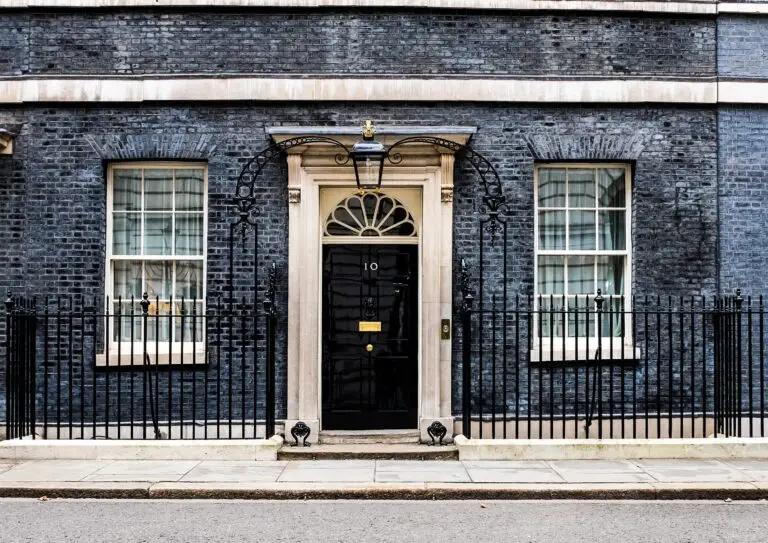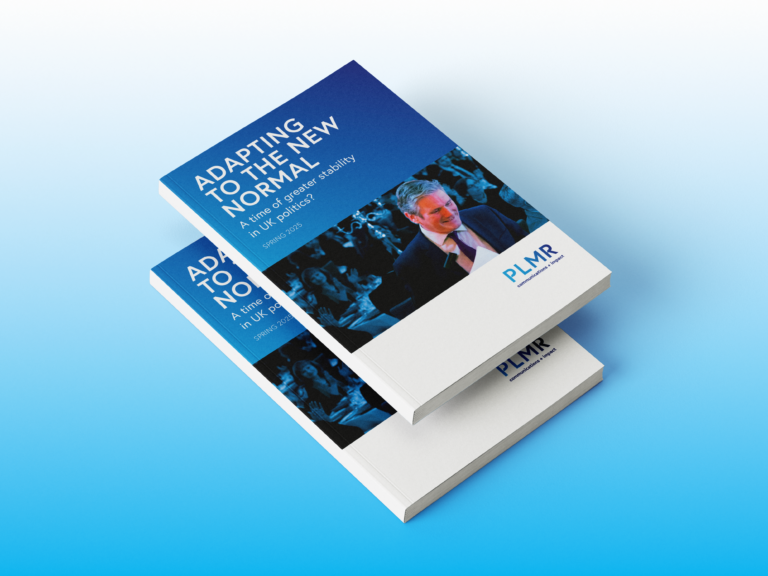Fourteen years ago, the late-Alistair Darling delivered his final budget as Chancellor of the Exchequer and the last budget by a Labour Government for over a decade.
In an attempt to carry the economy out of the deepest recession the UK had faced since World War Two, Darling set out an extensive package of public borrowing, tax rises, and public sector cuts that, for many, were antithetical to Labour’s fundamental ethos.
The budget outlined an £11bn deficit reduction plan, froze personal allowances for 30 million people, and increased fuel, alcohol and tobacco duties at above inflation rate. It also saw a £4bn commitment to support the launch of the UK Finance for Growth fund and a pledge to fund an extra 20,000 undergraduate Higher Education places to drive skills and innovation, balancing the need for fiscal restraint with the ambition to drive investment, innovation and dynamism in UK industry.
Amidst a similar backdrop of economic hardship, growing social inequality, political unrest and an economic forecast of 1-1.5% growth, Rachel Reeves will deliver her first budget as Chancellor tomorrow afternoon.
The budget will be the first by a Labour Government since Darling’s in 2010 and the first in the UK’s history to be delivered by a woman. It will also be a critical moment for the Government to look beyond the situation they have inherited and offer much-needed assurances to businesses and voters that they have a clear vision for how to move forward.
In tomorrow’s budget, Reeves will – in many ways – set out to achieve the same things that Darling had hoped to in 2010: driving economic growth, enhancing efficiencies in the public sector, managing public spending, and investing in new industries and R&D. Reeves and her team will also set out to prove to the markets and to voters that this government can be trusted with the public finances – a challenge that Darling and his team were all too familiar with.
Underlined by a general sense of honesty and solemnity about the state of public finances, Reeves will make a similar plea to Darling; she will ask for the public’s patience whilst this government makes ‘difficult’ decisions (such as raising taxes) in the name of economic recovery.
However, whilst the 2010 Labour Government was preparing to enter an electoral battle later that year, Starmer and Reeves have the advantage of a recent election win – and a 165-seat majority -behind them.
Though their first 100 days in office has no doubt been more challenging than they would have liked, the budget offers a useful moment for the Government to take control of the ship, to set out a clear vision for the country and the economy, and to bring businesses as well as voters along with them as they navigate the way forward.





